#restructuring
Mercedes to Focus on Premium Luxury Vehicles Again
Mercedes-Benz has said it will cut back its entry-level offers to better prioritize premium vehicles with loftier margins. While this strategy has become relatively uncommon throughout the industry, even among some mainstream brands, Mercedes has historically been synonymous with high-end luxury cars. One wonders why it bothered chasing volume to begin with, especially since it doesn’t seem to have panned out for the company.
While executives had previously hinted at its revised strategy in interviews, Mercedes officially unveiled its plan to investors on Thursday. The German brand will focus investments on top-of-the-heap models like the S-Class at the expense of entry-level products that have failed to garner juicy profits.
Russia-Ukraine War Adding to Supply Problems, Auto Industry Reinventing Itself
Volkswagen Group has stalled production in Germany, citing an inability to obtain sufficient parts from Ukraine. The automaker reportedly is lacking sufficient electrical components for its Zwickau-Mosel plant and the Dresden-based “Transparent Factory” — both of which are responsible for manufacturing VW and Audi-branded electric vehicles.
While the automaker declined to identify any specific suppliers, it said that Zwickau-Mosel will be down for at least four days as the Dresden facility will only need three days of downtime. That should put them both back online by the end of the week. But that’s hardly a guarantee and problems abound elsewhere, some of which are starting to feel borderline ordinary, as the industry continues reinventing itself.
Drama at Volkswagen After CEO Suggests 30,000 Job Cuts
Volkswagen CEO Herbert Diess has been facing off with the company’s German workforce for weeks over the changing nature of the business. VW vowed to transition itself toward an all-electric lineup following the 2015 diesel emissions scandal. But the necessary steps to get there haven’t been universally appreciated.
The general assumption has always been that electric vehicles would result in massive layoffs across the industry by nature of their needing fewer parts than internal combustion vehicles. But Volkswagen seems worried that it’s falling behind smaller rivals and needs to take decisive action to make sure it’s not outdone by firms operating in the United States and China. The proposed solution is an industrial overhaul designed to fast-track VW’s electrification goals. Unfortunately, German labor unions are convinced that this plan would incorporate massive layoffs and have become disinclined to offer their support. The issue worsened in September when Diess told the supervisory board that a slower-than-desired transition to EVs could result in 30,000 fewer jobs.
McLaren CEO Mike Flewitt Leaving the Supercar Business
McLaren Automotive CEO Mike Flewitt will be stepping down after spending eight years at his post. The supercar manufacturer has stated that it’s already in search of his replacement, though that will be just one of several issues it needs to square away.
While Flewitt oversaw the brand’s impressive global expansion efforts and push to integrate new technologies needed for a broader product lineup, McLaren is still reeling from work stoppages done in response to the COVID-19 pandemic. Financial concerns have since encouraged the company to scale back its involvement in Formula One so it could prioritize its own survival, saving jobs wherever possible.
Report: Ford Leaving Indian Market, Ending EcoSport Production
Ford appears to be pulling out of India, with the automaker confirming plans to end production there by next year. While a sizable automotive market — fifth just behind Japan, with about 2.5 million sales annually — the region never felt like a good fit for Blue Oval. Ford’s cash cows have long been upsized SUVs and pickup trucks, whereas India has an obvious penchant for small automobiles prioritizing value above all else. This left the automaker with a paltry market share estimated below two percent and likely explains why it’s no longer interested in manufacturing vehicles there.
In Thursday’s announcement, the company confessed to having accumulated operating losses of more than $2 billion over the last decade — hence the need for restructuring. But it won’t be cutting ties with India entirely, as it wants the region to handle Ford Business Solutions and help with customer support services via the relevant information centers.
Jaguar Going All Electric By 2025, Cancels Electric XJ Sedan
Jaguar Land Rover (JLR) has announced that it plans to have transitioned the Jaguar side of the business entirely to electric vehicles by 2025. Meanwhile, the more profitable Land Rover brand will be receiving its very first EV sometime in 2024. The plan is backed by a £2.5 billion (roughly $3.5 billion USD) investment.
As usual, take these promises with a grain of salt. Practically every manufacturer has underdelivered when it comes to electrification and features existing under the catch-all mobility tag. Jaguar’s current battery-electric vehicle, the I-Pace, hasn’t exactly been a smash hit and its construction is actually contracted out to Magna Steyr in Graz, Austria. Jag also recently abandoned the new XJ model, which has been in development for years. Ironically, the car was supposed to become the brand’s first all-electric sedan.
Daimler Is Just Going to Be Mercedes-Benz, Says CEO
Daimler had decided some serious changes need to be made before the end of 2021, including a name swap and separate listing for its commercial truck division. While the reason given was to better facilitate the company’s transition toward a “zero- emissions and software-driven future,” investors have been critical of Daimler’s share price after it cratered in March of last year. Though we would argue the bigger concern is the automaker’s lackluster (or absent) growth and declining revenue since 2018.
Regardless, CEO Ola Källenius believes continued changes to the firm’s corporate structure are the only way to go. By 2022, Daimler will simply be known as Mercedes-Benz and have spun off Daimler Trucks with its own listing on the Frankfurt stock exchange.
Nissan to Keep Closer Tabs on Dealerships in 2021, Retailers Annoyed
After enduring a series of rough years resulting in some unsettling financial reports, Nissan is doing its utmost to turn things around. Following its first annual loss in 11 years, the company announced a plan that would include cutting 20 percent of its global lineup to make way for newer models, eliminating unnecessary production capacity, and cutting corners (and jobs) just about everywhere in order to save $2.8 billion off of fixed costs. This is also being done to make way for a leaner, meaner Nissan, and make room for newer vehicles it believes will be essential to remain competitive.
It’s also hoping to spruce up dealerships to make them more desirable locales for customers ready to do their business. That includes an increased number of factory audits moving into 2021 — partly as a way to make up for the limited number that were conducted this year thanks to the pandemic and partly as a way to make sure nobody is doing anything financially untoward. But there are some concerns among owners that Nissan may end up bullying shops unnecessarily.
Fancy Forward: Mercedes-Benz Can No Longer Cater to Plebs
Mercedes-Benz looks poised to retreat from high-volume compacts. During an online corporate strategy meeting held on Tuesday, Daimler CEO Ola Källenius indicated that the luxury subsidiary may have overextended itself.
“Maybe we went at a bit too far to cover each and every space into each and every segment. Compact particularly comes to mind,” he explained. “This is not where the main thrust should go, we should not become a competitor of the volume makers.”
But the company only has itself to blame for that. Around a quarter of the brand’s annual sales come from compact vehicles and they’ve been taking up a larger share of its product portfolio. Källenius seems to think Mercedes has done enough to broaden its appeal and need to refocus on higher-end vehicles with better margins. “Our [current] strategy is designed to avoid non-core activities,” he said, adding that funds will be prioritized for more profitable products.
“We’re not chasing volume, we’re targeting profitable growth.”
Mercedes-Benz Abandons Manual Transmission, Sticks With Streamlining
As the manual transmission gradually joins the wheel-mounted throttle lever in the automotive history trash bin, we’ve been wondering which manufacture would be the next to take a bold stance against be-clutched vehicles. Today we have our answer, thanks to a tweet explaining the brand’s research boss had indicated Mercedes-Benz doesn’t have room for manuals in its current restructuring program.
“The head of @MercedesBenz’s R&D operations, Markus Schaefer, has confirmed the company will ‘eliminate manual transmissions’ as part of cost-cutting initiatives that will also see a ‘substantial reduction in platforms’ and a ‘very dramatic reduction in combustion engines,'” automotive journalist Greg Kable explained via social media on Tuesday.
Sell Off? Volkswagen Group Rethinks Its Position on Supercars
Volkswagen Group, the largest automotive manufacturer in the world, is reexamining its relationship with high-performance subsidiaries as it continues pouring money into electrification. Burned by a diesel emissions scandal of its own making half a decade ago, VW leadership now views electric cars as the only path forward — especially in regard to its more mainstream brands. While they aren’t getting identical treatments, VW, Audi, Seat, and Skoda are all presumed to be adding EVs to their production lines over the next few years.
Porsche’s long-term strategy also seems heavily dependent on battery power, but the road ahead is much less clear for ultra-premium brands like Lamborghini and Bugatti. With volumes and lineups order of magnitudes smaller than the core brands, Volkswagen would be incurring a gigantic expense to develop upper-echelon performance EVs that might not appeal to their existing fans. The same goes for upscale motorcycle brand Ducati as the two-wheeled world has become divided on electric and gas-powered bikes. Volkswagen’s management board and directors have decided the situation calls for an all-hands meeting in November to decide what should be done and how to remain financially prudent in a period of economic strife.
Ford to Cut 1,400 Salaried Positions in U.S. Through Buyout Initiative
Barely a full day after news broke that Ford was on the cusp of announcing layoffs, Ford announced those layoffs. On Wednesday, the automaker informed employees that it needs to eliminate 1,400 salaried jobs as part of its $11-billion restructuring program. The good news is that these cuts will be handled through retirement buyouts that won’t leave the departing workforce empty handed. The automaker’s internal memo also stated that the buyouts would be voluntary.
The Blue Oval previously said it expects a full-year loss in 2020 thanks to the pandemic, with a pre-tax profit of anywhere between $500 million and $1.5 billion in the third quarter.
Ford, BMW Planning Job Cuts In U.S.
With a large number of automakers pinching pennies these days, it’s easy for the details of various restructuring plans to fall down the memory hole. For example, Ford has been engaged in an ambitious cost-cutting program since 2018. The $11-billion plan was said to take anywhere from three to five years to complete, requiring legitimate sacrifices at the company — including the discontinuation of all sedans in the United States, ending operations in Russia, closing facilities in Europe, and rolling layoffs around the globe.
Ford has actually accelerated its timeline to see how much it can get done before 2021, resulting in the elimination of 7,000 salaried positions globally last year. The company has decided to end another 1,000 salaried positions in the United States.
Nissan Thinks Recovery Could Begin in Q4 of 2020; Leadership Plots Turnaround
We’ve documented Nissan’s troubles for some time, breaking the situation down into numerous articles expanding upon the various elements that left the brand proclaiming this year’s financial performance will mirror 2019’s lackluster showing months ahead of the latter period’s scheduled reporting.
Everything seemed to go wrong for the company, forcing it to embrace aggressive cost-cutting measures to say afloat. U.S. sales were particularly horrendous going into the pandemic, which only added to the mounting list of hardships. Nissan is now predicting 2020 will be one of the worst financial periods in its history.
However, CEO Makoto Uchida predicts 2021 will be the point where the company finally turns a corner and begins its ascent toward sustained profitability. In fact, he believes that, with a little luck, the rebound might even begin in Q4 of this year. But that unbridled optimism is being tempered by COVID-19. Uchida worries the dreaded “second wave” could forestall Nissan’s recovery by several months.
Cox Automotive Cuts Staff, Focuses on 'Digital Services'
Cox Automotive eliminated around 1,600 jobs this month as it prepared to better embrace online commerce (and nobody having any money). The company axed nearly 300 employees in June after having furloughed over 12,000 people in response to the coronavirus pandemic this spring. A large number of those positions were related to its Manheim auction arm, which suffered the hardest due to stringent lockdown protocols that prohibited public gatherings.
Now it’s talking about improving some of the digital features it added to Autotrader this year and embracing the virtual landscape to future-proof itself while forecasting a 25-percent cut in annual profits, and letting people go — with the majority of the layoffs coming to furloughed Manheim employees.



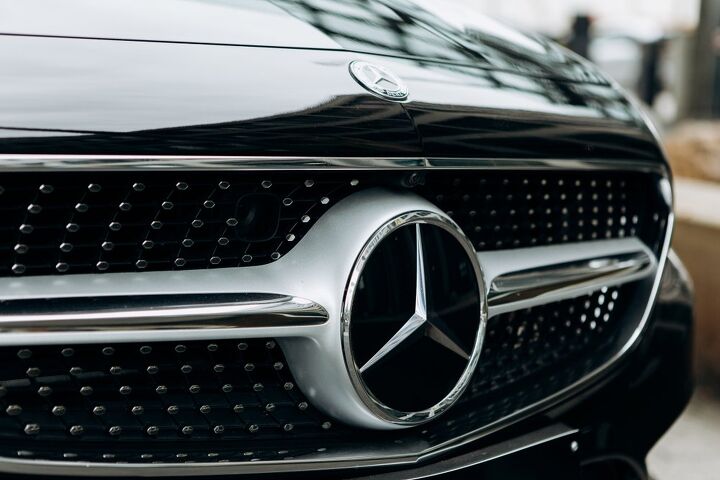


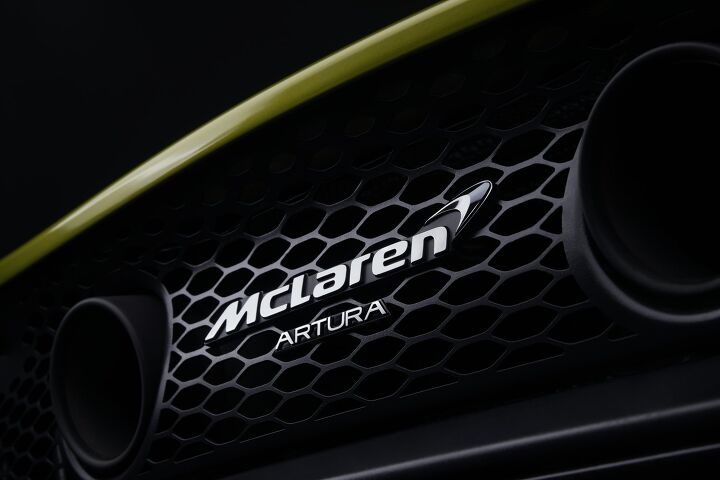
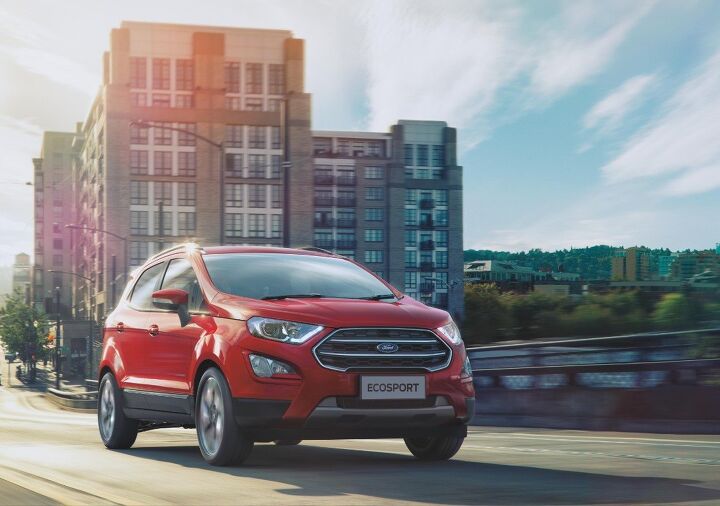
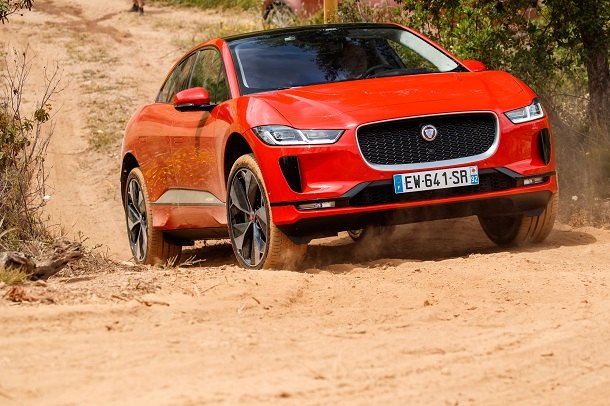




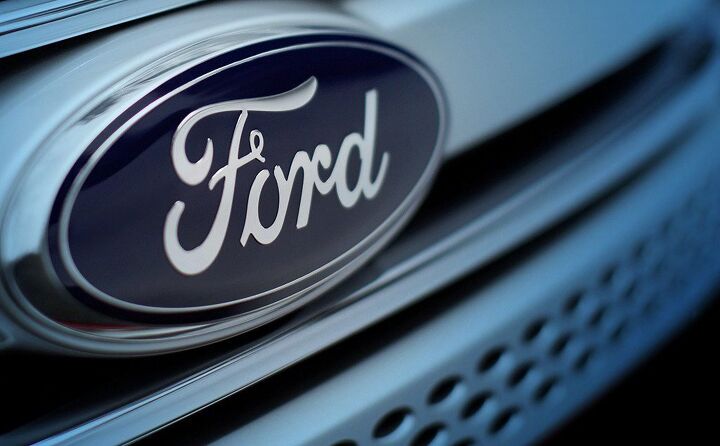














Recent Comments